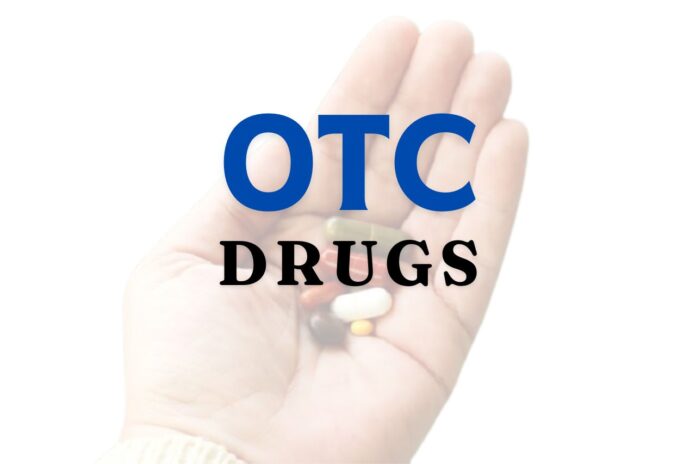Last Updated on May 15, 2024 by The Health Master
OTC Drugs
India’s healthcare landscape is set for a significant transformation with a sub-committee’s recommendations to the Union Health Ministry regarding Over-the-Counter drugs (OTC drugs).
This article explores the proposed two-tier classification system and its potential impact on patient care.
The Need for Defined OTC Regulations
Currently, India lacks a distinct category for OTC drugs.
All allopathic medicines, including those considered safe for self-medication, fall under Schedule H and H1, requiring a doctor’s prescription.
This forces patients, even with minor ailments, to consult physicians, leading to unnecessary healthcare costs.
Proposed Two-Tier Classification System
The committee proposes a new system categorizing OTC drugs:
- OTC-1: This category would encompass medications with a strong safety profile, readily available to patients, and suitable for self-care. These drugs could be sold at retail outlets like pharmacies and potentially even grocery stores (depending on final regulations).
- OTC-2: This category would include medications with a slightly lower safety profile or requiring a pharmacist’s supervision for dispensing. These would be sold exclusively at registered pharmacies.
Benefits of the Proposed System
- Improved Accessibility: Patients with common ailments (cough, cold, fever) could easily access OTC-1 medications without a doctor’s visit, especially in remote areas with limited access to physicians.
- Reduced Treatment Costs: Eliminating the need for doctor consultations for minor ailments will significantly reduce healthcare expenses for a large section of the population.
- Combating Misuse: The proposed “unit dose packaging” for OTC-1 drugs will minimize the risk of misuse or overdose, particularly in areas with high illiteracy rates.
- Empowering Pharmacists: Pharmacists will be authorized to dispense OTC-2 medications under the new system, enhancing their role in primary healthcare.
Clear Labeling: A Crucial Aspect
The committee emphasizes the importance of clear and comprehensive labeling for all OTC drugs. This will empower consumers to:
- Self-diagnose minor ailments.
- Choose the appropriate OTC medication.
- Understand proper dosage and administration.
- Identify potential side effects and know when to seek medical attention.
A Robust Regulatory Framework for OTC Drugs
The committee recommends incorporating a dedicated schedule for OTC drugs within the Drugs and Cosmetics Act.
This will create a robust regulatory framework for safe and responsible use of OTC medications.
Disclaimer: This article contains information derived from the source mentioned below. Our team utilized an AI language model to rewrite and present the news or article in a unique format.









